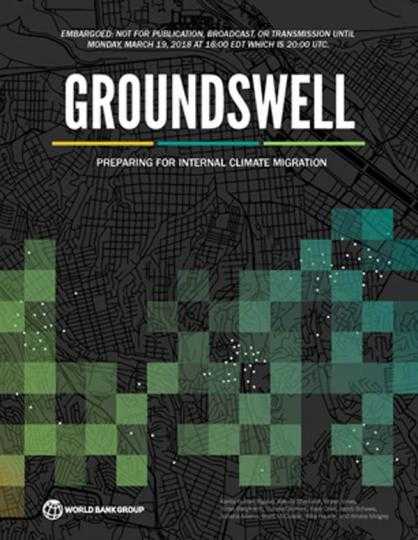This report, which focuses on three regions—Sub-Saharan Africa, South Asia, and Latin America that together represent 55 percent of the developing world’s population—finds that climate change will push tens of millions of people to migrate within their countries by 2050. It projects that without concrete climate and development action, just over 143 million people—or around 2.8 percent of the population of these three regions—could be forced to move within their own countries to escape the slow-onset impacts of climate change.
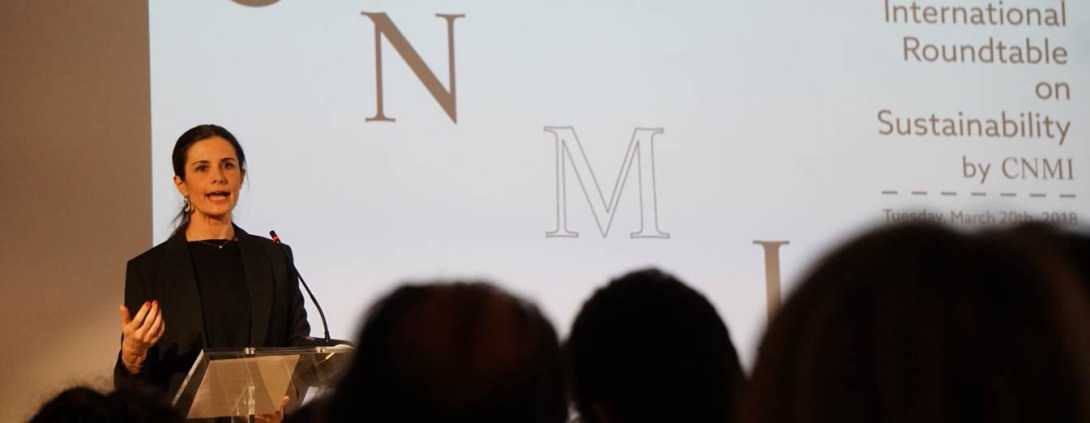
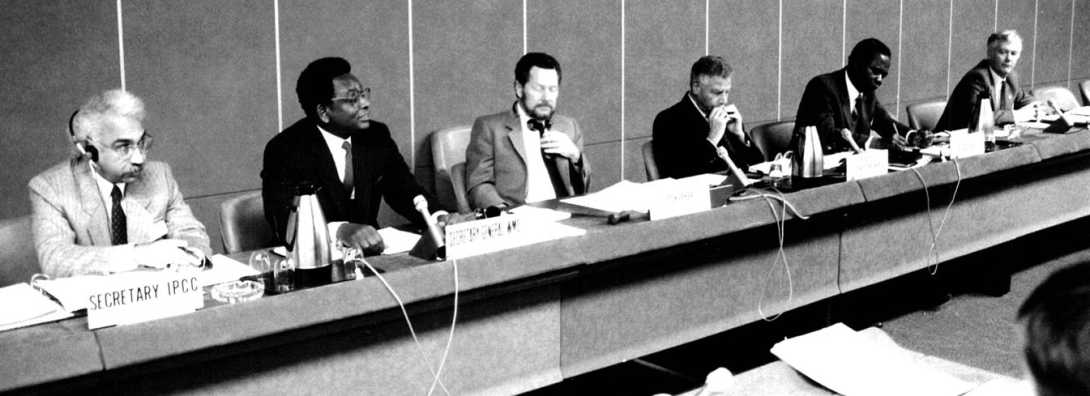
Origins: Discovering the first clues to climate change
Villach I: Gathering the pieces of the puzzle
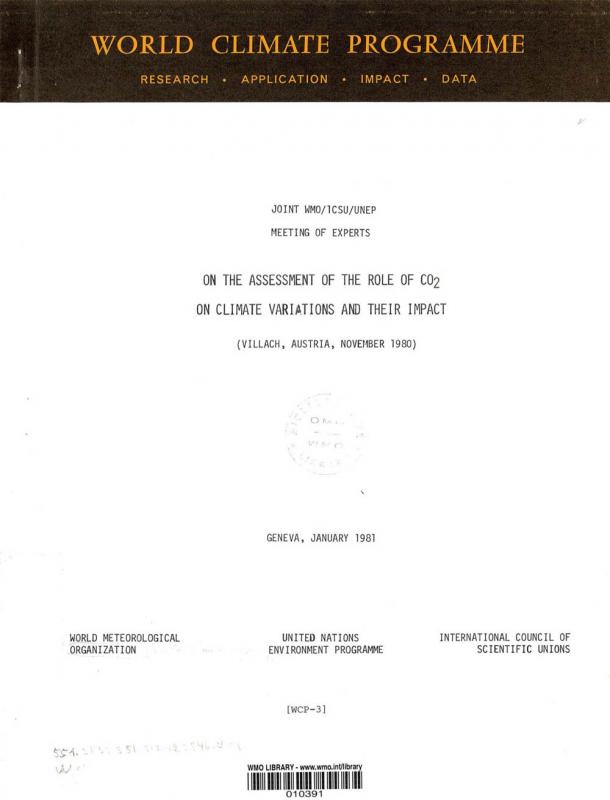
Villach 1985: A call to policy-makers
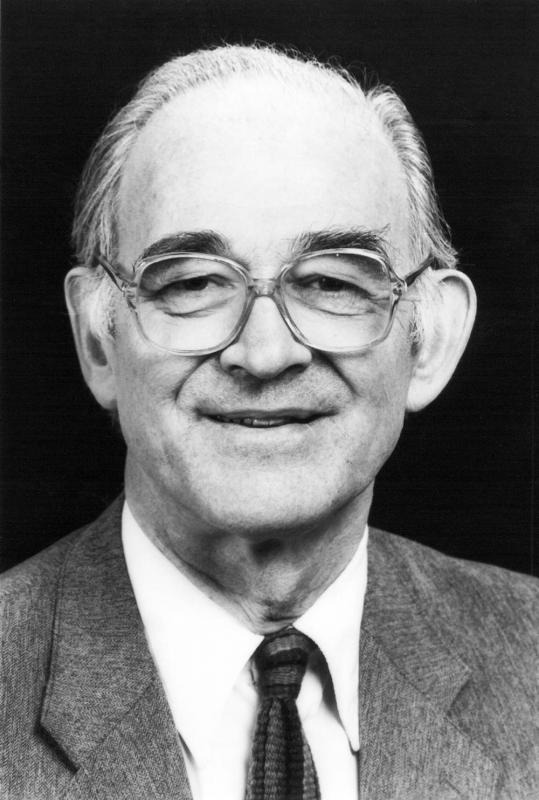
The ozone layer, droughts and a media moment
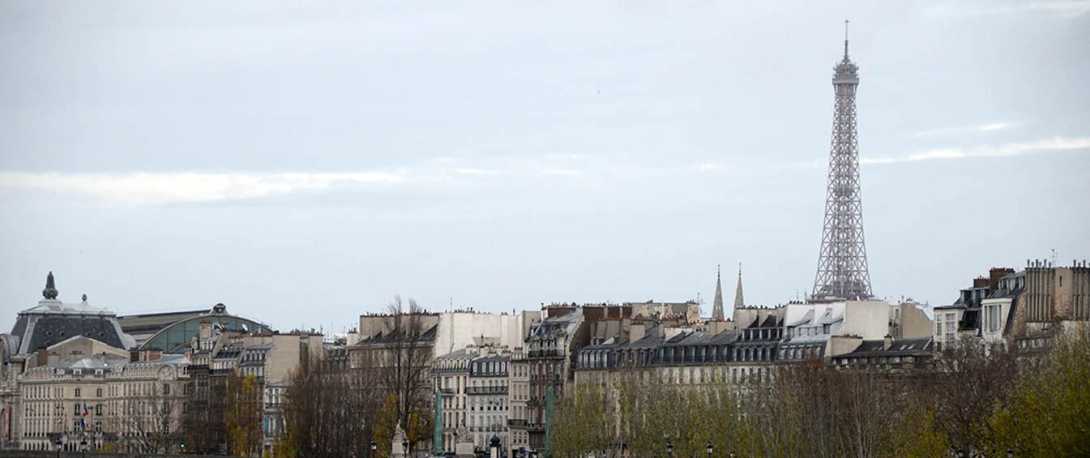
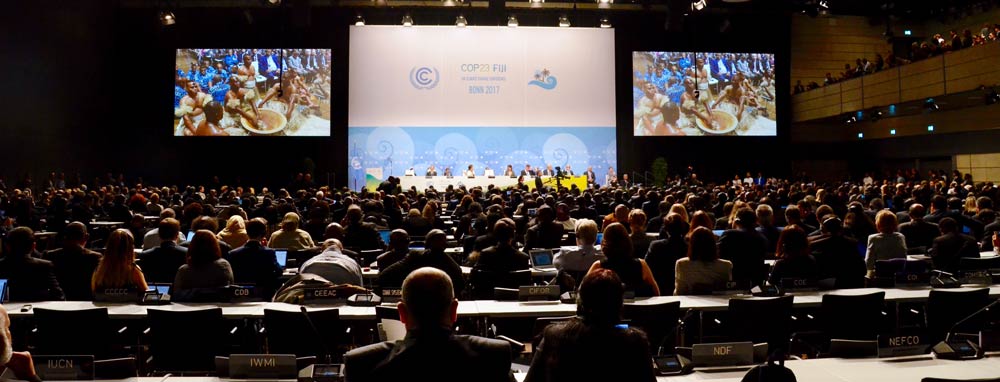
1) Current NDCs Need to Be Strengthened to Achieve the Goals of the Paris Agreement
2) Parties Can Seize Economic and Social Benefits of Updating their NDCs
The current NDCs were developed by Parties ahead of Paris, quickly and with no certainty of the final outcome. With the Paris Agreement now in force and with implementation guidelines to be finalized at the end of 2018, Parties can factor in recent innovations and declining costs of renewable energy to take advantage of opportunities in key sectors to send accurate signals to investors. Many countries have long-term plans and strategies related to climate, development, and economic objectives. Taking the opportunity now to align NDCs with these long-term goals and strategies will avoid locking in high emissions that will exacerbate climate vulnerabilities. For example, analysis has revealed the high potential for synergies between achieving the Sustainable Development Goals and the NDCs.
The next years could offer new areas of cost-effective climate action. Lastly, many countries have already made substantial progress and some appear to be on track to exceed the targets in their current NDCs.
3) It Provides an Opportunity to Engage Stakeholders and Create Support for Climate Action
4) This Can Send Powerful Signals to Decision-Makers
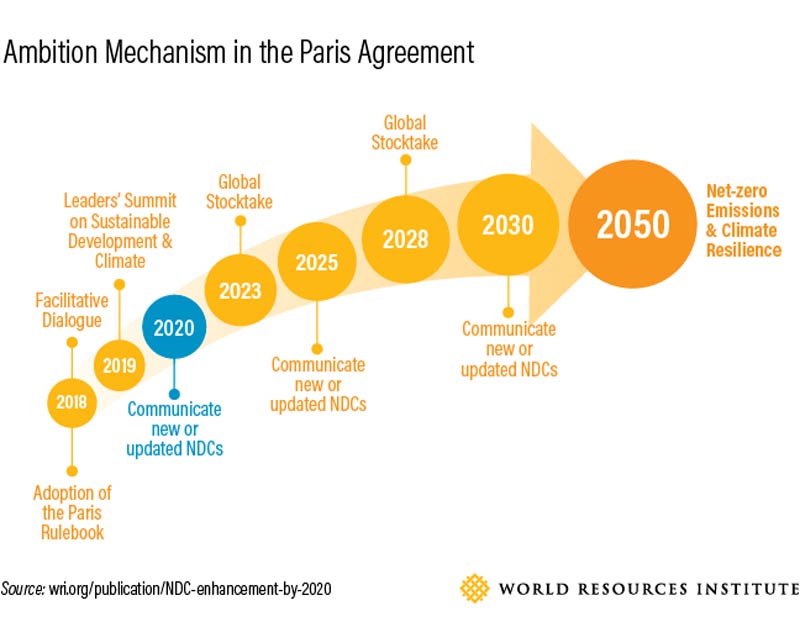
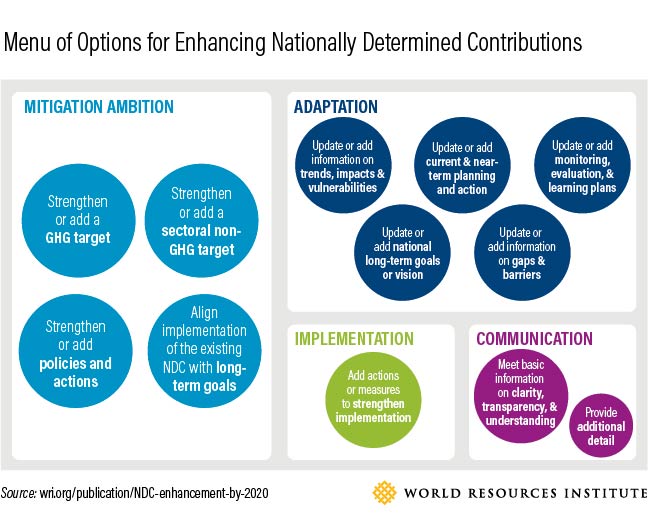
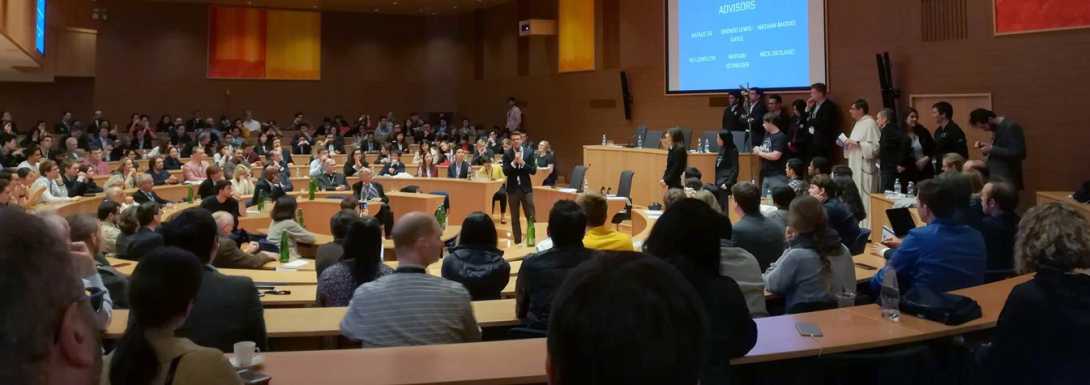
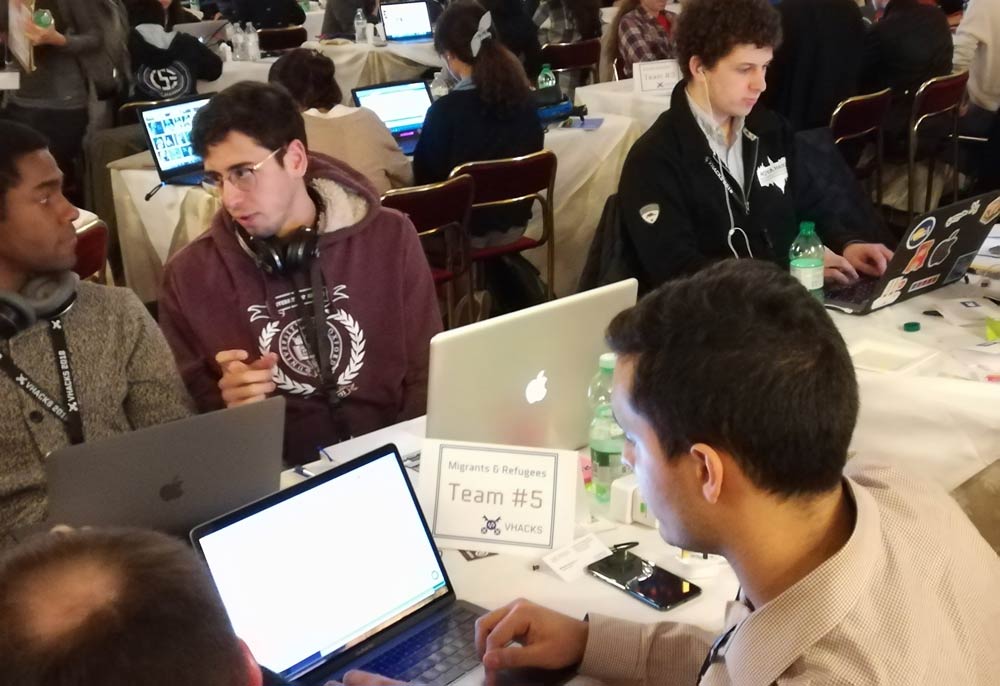
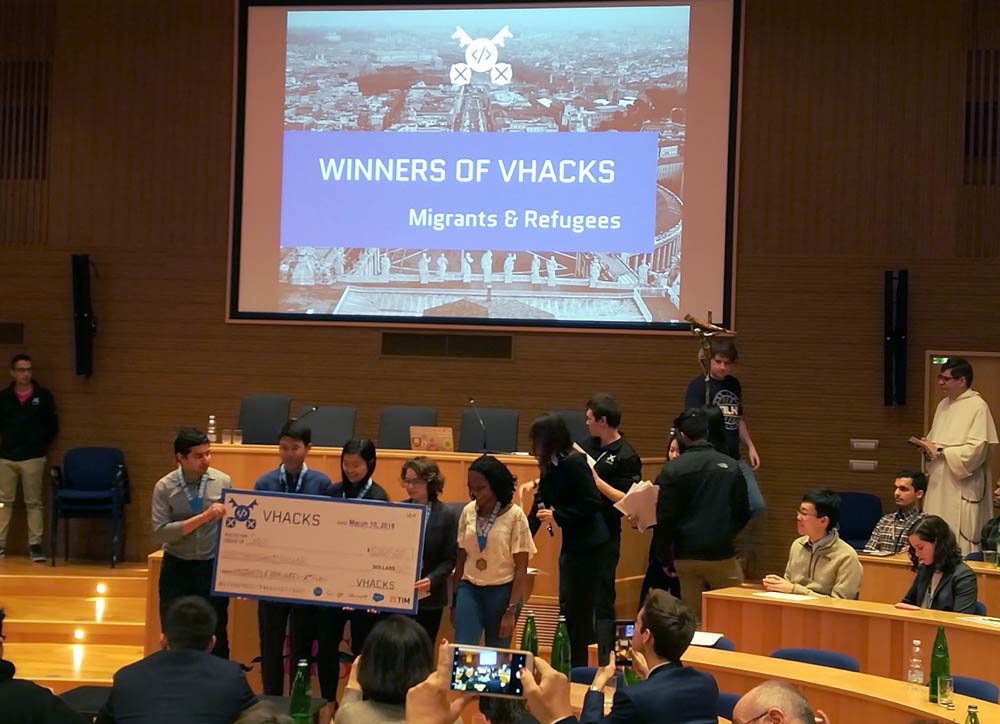

Watch how the fashion industry supports the Paris Agreement
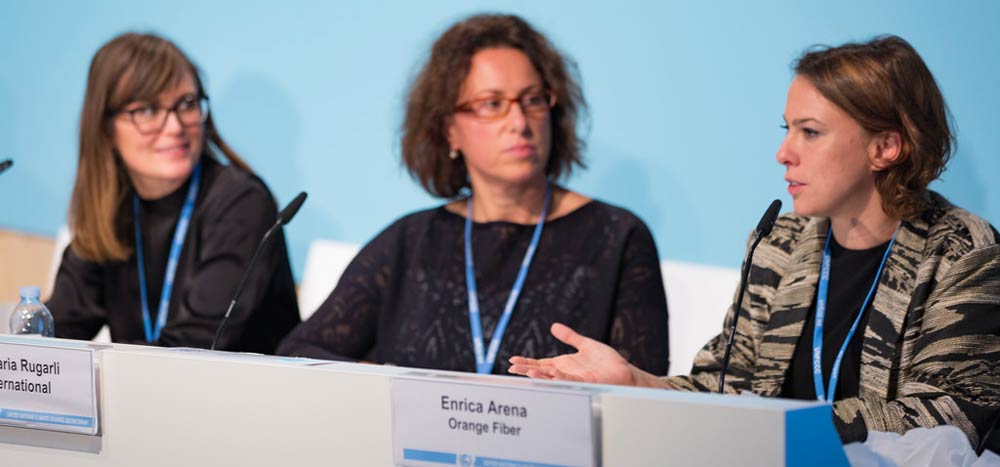
Mitchell de La O, Costa Rican fashion designer
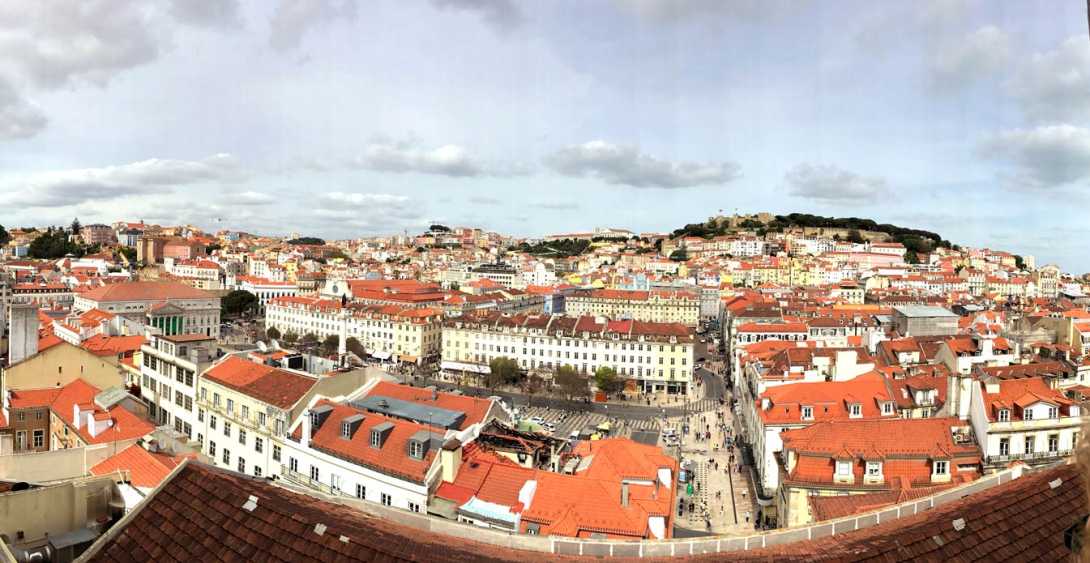
Leaders from government, business, civil society and international organizations will gather 2-3 May 2018 at the Convento do Beato in Lisbon, Portugal for the fourth Sustainable Energy for All Forum.

The United Nations Office of the High Representative for Least Developed Countries, Landlocked Developing Countries and Small Island Developing States (UN-OHRLLS) is looking for inspiring stories on how sustainable energy positively impacts communities and individuals in the world’s Least Developed Countries.

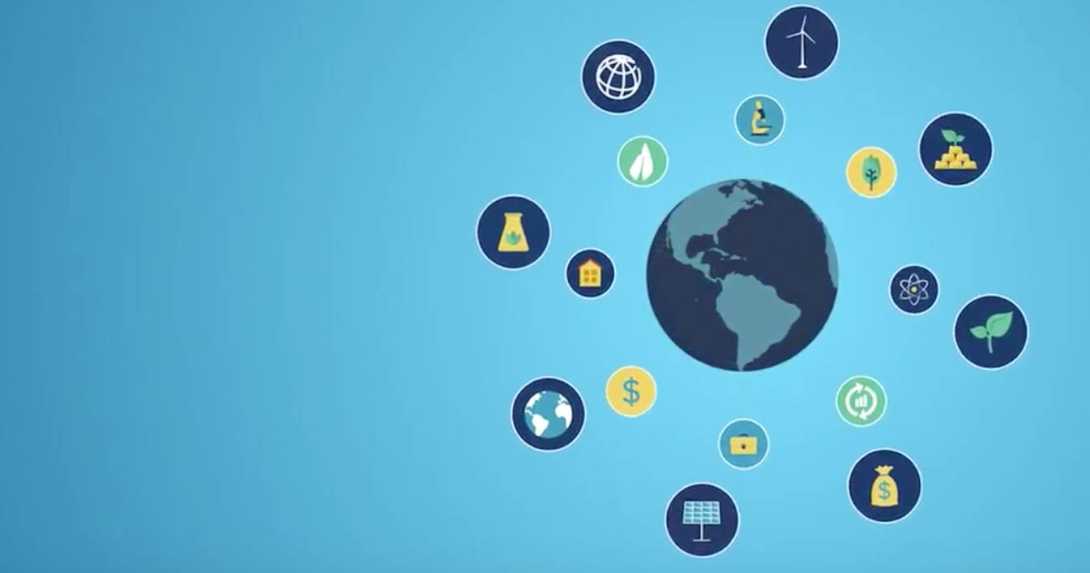
Andrei Marcu, Co-Chair of the conference and its scientific committee, and Senior Fellow International Center for Trade and Sustainable Development (ICTSD) and Director of the European Roundtable on Climate Change and Sustainable Transition.
Michael Mehling, Co-Chair of the conference and its scientific committee, and Deputy Director, Center for Energy and Environmental Policy Research (CEEPR), Massachusetts Institute of Technology

Relevant research themes include, but are not limited to, the following:

 Learning from past and current experience: Case studies on carbon pricing design and implementation, performance review, and evaluation, comparing carbon pricing systems and their effects, understanding actors and affected markets, results of modeling to assess/analyzeenvironmental, macroeconomic, and distributional outcomes of different approaches, etc.;
Learning from past and current experience: Case studies on carbon pricing design and implementation, performance review, and evaluation, comparing carbon pricing systems and their effects, understanding actors and affected markets, results of modeling to assess/analyzeenvironmental, macroeconomic, and distributional outcomes of different approaches, etc.;
 The political economy of carbon pricing: Political acceptance and feasibility of carbon pricing, use of carbon pricing revenue, distributional effects of carbon pricing, dealing with adverse impacts of carbon pricing, etc.;
The political economy of carbon pricing: Political acceptance and feasibility of carbon pricing, use of carbon pricing revenue, distributional effects of carbon pricing, dealing with adverse impacts of carbon pricing, etc.;
 Carbon pricing and development: Financing sustainable development with carbon pricing, fiscal aspects of carbon pricing, co-benefits of carbon pricing (indirect effects on pollution, employment implications, economic diversification), pathways to a just transition, etc.;
Carbon pricing and development: Financing sustainable development with carbon pricing, fiscal aspects of carbon pricing, co-benefits of carbon pricing (indirect effects on pollution, employment implications, economic diversification), pathways to a just transition, etc.;
 Carbon pricing and competitiveness: Understanding impacts of carbon pricing on competitiveness, effects, and limitations of policy options to address leakage and competitiveness concerns (free allocation, tax exemptions, alternative approaches), etc.;
Carbon pricing and competitiveness: Understanding impacts of carbon pricing on competitiveness, effects, and limitations of policy options to address leakage and competitiveness concerns (free allocation, tax exemptions, alternative approaches), etc.;
 Role of carbon pricing in decarbonization: Complementary policies and policy interactions, hybrid approaches to carbon pricing, dynamic effects and climate policy ambition, role of carbon pricing in innovation and energy transition, internal carbon pricing, etc.;
Role of carbon pricing in decarbonization: Complementary policies and policy interactions, hybrid approaches to carbon pricing, dynamic effects and climate policy ambition, role of carbon pricing in innovation and energy transition, internal carbon pricing, etc.;
 Emerging frontiers of carbon pricing: Linkage and convergence of carbon pricing systems, policy transfer, and diffusion across jurisdictions, extending carbon pricing to new sectors (aviation, shipping, agriculture and forestry), carbon pricing under the Paris Agreement (e.g. operationalization of Art. 6 and NDC (Partnership) support), etc.
Emerging frontiers of carbon pricing: Linkage and convergence of carbon pricing systems, policy transfer, and diffusion across jurisdictions, extending carbon pricing to new sectors (aviation, shipping, agriculture and forestry), carbon pricing under the Paris Agreement (e.g. operationalization of Art. 6 and NDC (Partnership) support), etc.
The CPLC Research Conference Scientific Committee is composed of:
 Co-Chairs:
Co-Chairs:

 Andrei Marcu, Senior Fellow, ICTSD
Andrei Marcu, Senior Fellow, ICTSD
 Michael Mehling, Deputy Director CEEPR, MIT
Michael Mehling, Deputy Director CEEPR, MIT Scientific Committee:
Scientific Committee:

 William Acworth, Project Manager, ICAP
William Acworth, Project Manager, ICAP
 Susanne Åkerfeldt, Senior Legal Adviser, Swedish Ministry of Finance
Susanne Åkerfeldt, Senior Legal Adviser, Swedish Ministry of Finance
 Ottmar Edenhofer, Deputy Director and Chief Economist, Potsdam Institute for Climate Impact Research
Ottmar Edenhofer, Deputy Director and Chief Economist, Potsdam Institute for Climate Impact Research
 Arnibhan Ghosh, Chief Sustainability Officer, Mahindra
Arnibhan Ghosh, Chief Sustainability Officer, Mahindra
 Sharlin Hemraj, Senior Economist, National Treasury, South Africa
Sharlin Hemraj, Senior Economist, National Treasury, South Africa
 Rachael Jonassen, Director - Greenhouse Gas Management Program, George Washington University
Rachael Jonassen, Director - Greenhouse Gas Management Program, George Washington University
 Emilio Lebre la Rovere, Professor, Energy Planning Program, Federal Univesity of Rio
Emilio Lebre la Rovere, Professor, Energy Planning Program, Federal Univesity of Rio
 Duan Maosheng, Professor and Director China Carbon Market Center, Tshingua University, China
Duan Maosheng, Professor and Director China Carbon Market Center, Tshingua University, China
 Andrei Marcu, Senior Fellow, ICTSD
Andrei Marcu, Senior Fellow, ICTSD
 Michael Mehling, Deputy Director CEEPR, MIT
Michael Mehling, Deputy Director CEEPR, MIT
 Adele Morris, Senior Fellow, Economic Studies | Policy Director - Climate and Energy Economics Project, The Brookings Institute
Adele Morris, Senior Fellow, Economic Studies | Policy Director - Climate and Energy Economics Project, The Brookings Institute
 Gzregorz Peszko, Lead Economist, World Bank
Gzregorz Peszko, Lead Economist, World Bank
 Mandy Rambharos, Climate Change and Sustainable Development Manager, ESKOM
Mandy Rambharos, Climate Change and Sustainable Development Manager, ESKOM
 Youba Sokona, Special Advisor, The South Center
Youba Sokona, Special Advisor, The South Center
 Rob Stavins, Professor, Energy and Economic Development, Harvard Kennedy School
Rob Stavins, Professor, Energy and Economic Development, Harvard Kennedy School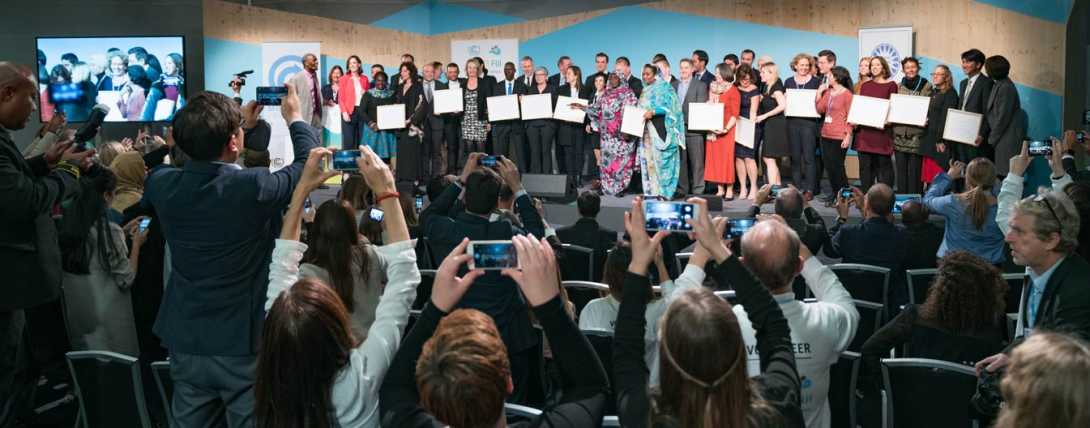
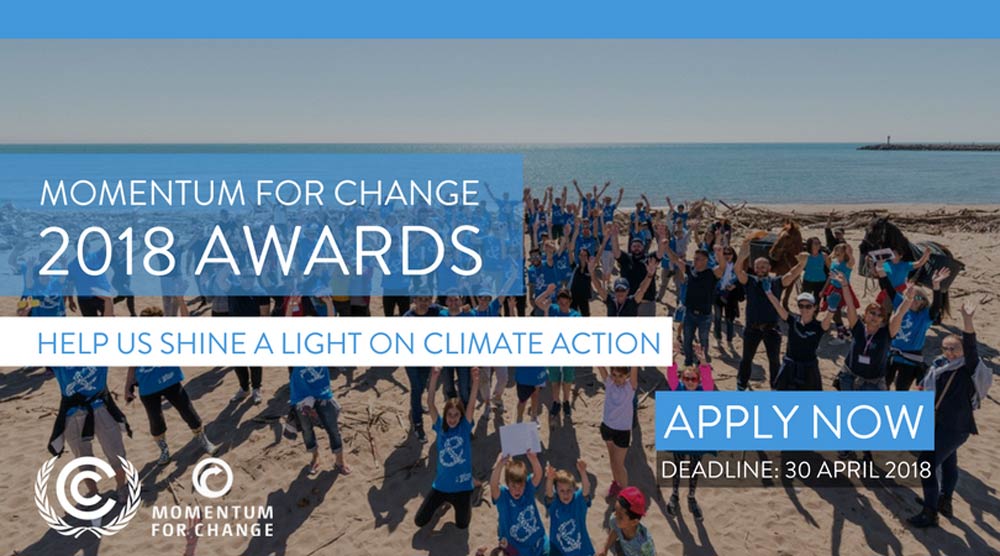

 1. Women for Results: recognizing the critical leadership and participation of women in addressing climate change, implemented in collaboration with Masdar’s WiSER initiative.
1. Women for Results: recognizing the critical leadership and participation of women in addressing climate change, implemented in collaboration with Masdar’s WiSER initiative.
 2. Financing for Climate Friendly Investment: recognizing successful financial innovations for adaptation and climate mitigation, implemented in partnership with the World Economic Forum Global Project on Climate Change.
2. Financing for Climate Friendly Investment: recognizing successful financial innovations for adaptation and climate mitigation, implemented in partnership with the World Economic Forum Global Project on Climate Change. 
 3. Planetary Health: recognizing novel solutions that balance the need for both human health and a healthy planet, implemented with support by The Rockefeller Foundation.
3. Planetary Health: recognizing novel solutions that balance the need for both human health and a healthy planet, implemented with support by The Rockefeller Foundation.
 4. Climate Neutral Now: recognizing efforts by individuals, companies, and governments that are achieving real results in transitioning to climate neutrality, implemented with the secretariat’s Climate Neutral Now initiative.
4. Climate Neutral Now: recognizing efforts by individuals, companies, and governments that are achieving real results in transitioning to climate neutrality, implemented with the secretariat’s Climate Neutral Now initiative.Hosted by the World Bank Group and supported by Italy’s Ministry of the Environment and Energy Security and Germany’s Federal Ministry for Economic Cooperation and Development, Connect4Climate (C4C) is a global partnership for a livable planet that connects, creates, and communicates to build long-lasting change for future generations.
